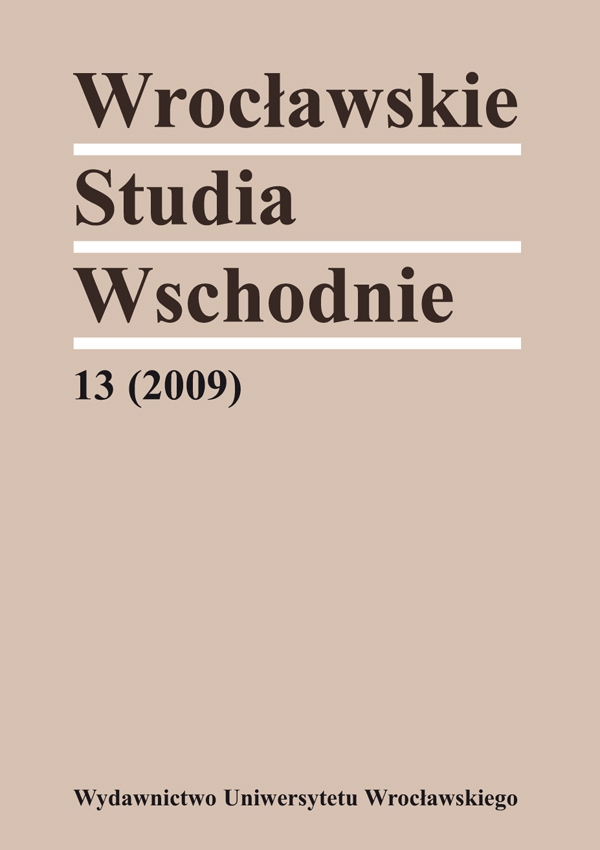

Artykuły

После великой войны
Представленный текст является неопубликованным отрывком автобиографии „Из Галиции в Галилею. История моей жизни” и продолжением книги, изданной Еврейским историческим институтом Варшава 2009, оканчивающейся в момент завершения II мировой войны. Пережив Холокост, родившаяся в Тернополе Анна через Львов, Краков и Лодзь попадает во Вроцлав. Ее воспоминания охватывают годы пребывания во Вроцлаве с 1945 г. по 6 января 1957 г. В них последовательно описывается поселение и обустройство, учеба в Медицинской Академии, работе в Институте иммунологии и микрологии под руководством профессора Людвика Хиршфельда. Даются также объективные знания на тему пионерских послевоенных лет жизни города, организации медицинской дидактики и практики, а также повседневности семьи врачей муж Анны Федербуш-Офир, д-р Юзеф Голд-Годлевский это известный педиатр, воспитания и образования детей, а позже также обстоятельств принятия решения об эмиграции в Израиль. Вроцлавский период автор называет своей Аркадией. Пишет, в частности: „С ностальгией мы возвращались к 11 годам счастливо прожитой жизни как свободные люди, приобретающие знания, научный подъем и повышение жизненного уровня. Мы воспоминали счастливые моменты, прожитые с малыми детьми ...” Документированным отражением этих впечатлений является текст „Наша пристань — Вроцлав”.
After the great war
The present work is a previously unpublished fragment of an autobiography entitled From Galicia to Galilee. The Story of My Life and a sequel to a book published by the Jewish Historical Institute Warsaw 2009 that covered the period up to the end of the Second World War. Having survived the Holocaust, the Tarnopol-born author found herself in Wrocław, which she reached via Lviv, Krakow and Łodź. Her reminiscences cover her life in Wrocław from 1945 to 6 January 1957. She describes her settlement in the city, her studies at the Medical School and work at the Institute of Microbiology and Immunology run by Professor Ludwik Hirszfeld. She provides the readers with objective information about the pioneering post-war years in the city’s life, about the organisation of medical education and practice, the everyday life of a doctor’s family the author’s husband, Dr Jozef Gold-Godlewski was a well-known paediatrician, about bringing up and educating children, as well as the circumstances of her decision to emigrate to Israel. The author refers to the Wrocław period of her life as an Arcadia. As she writes, “We would hark back nostalgically to the 11 years of a happy life as free people, who were broadening their knowledge, advancing in their professions and raising their standard of living. We would recall the moments of happiness with our little children...” These reflections are documented in “Our Haven — Wrocław.”